Ice like water from toilets!
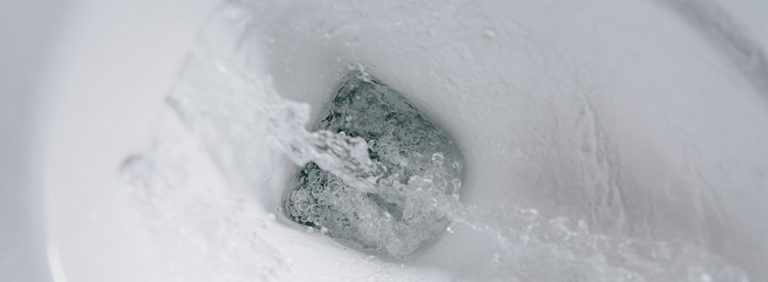
Recent years have brought a lot of reports about ice produced by ice cube machines in bars and restaurants and home ice makers. The results of the samples are chilling. The samples have more bacteria than the water found in toilets. Daily Mail was one of the news websites publishing this hideous information. In 2013, it conducted an independent analysis of ice samples obtained from the most popular fast food restaurants. It turned out that both the pub and restaurant samples and the home samples contained a sizeable number of harmful microorganisms. The bacteria found include those from the Pseudomonas and Acinetobacter genera and Staphylococcus group.
Experts agree on one thing: the presence of bacteria in ice is due to human negligence during ice production, lack of knowledge, infrequent and inadequate cleaning of equipment, the use of inadequately prepared water in domestic conditions, and failure to follow basic hygiene rules.
In most of the articles we reviewed, including the Daily Mail article cited above, the experts agreed on one thing: the presence of bacteria in ice is primarily due to improperly cleaned ice-making machines.
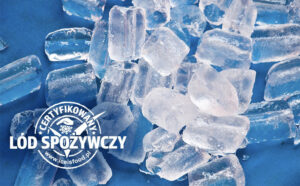
Control of food safety in Poland
It is well known, especially from reports of the Supreme Audit Office (NIK), which regularly examines various elements of the system, that the control of food safety in Poland leaves a lot to be desired. According to NIK, the main threats in the food chain are as follows: – food contamination (poor food quality),
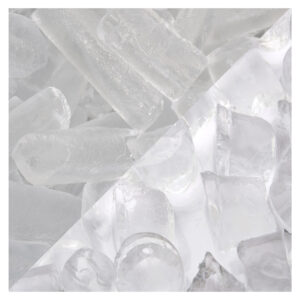
Certified cubed ice makes a difference
What are the main differences between industrially produced and home-made ice, explains Piotr Lewiński, food technologist.
Retail ice cubes
We are in the third decade of the 21st century now, but just a few years ago none of us would have thought that ice cubes would be an indispensable product for cooling drinks on hot days and that they would be available in every grocery shop or petrol station.
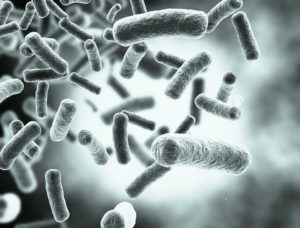
Can Bacteria survive in ice?
As a food product, ice must be free of microbiological contamination. There is a belief that freezing kills all microorganisms. While many types of bacteria indeed die, some are dormant and, once defrosted, spring back to life and begin to reproduce.
Stowarzyszenie Producentów i Operatorów Certyfikowanego Lodu Spożywczego, (Association of producers and operators of certified food ice) KRS [National Court Register] No. 0000784552, REGON [National Official Business Register] No. 383424111, NIP [VAT] No. 7010927104 00-630 WARSZAWA, ul. POLNA 24/7
